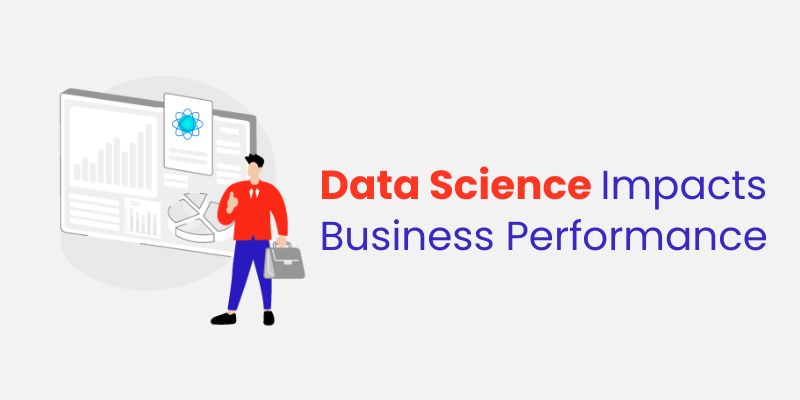
In today’s data-driven world, businesses are increasingly turning to Data Science to gain insights, make informed decisions, and stay competitive. The ability to analyze large volumes of data has become a game-changer, enabling organizations to uncover hidden patterns, predict trends, and optimize operations. In this blog post, we’ll delve into the ways Data Science impacts business performance, from enhancing customer experiences to improving efficiency and driving innovation. Unlock your Data Science potential! Embark on a data science journey with our Data Science Course in Chennai. Join now for hands-on learning and expert guidance at FITA Academy.
The Power of Data Analytics
Data Science is the backbone of modern business analytics. By harnessing the power of data, businesses can gain a deeper understanding of their customers, markets, and internal processes. Through advanced analytics techniques, such as machine learning and predictive modeling, organizations can extract valuable insights from data sets that were previously too large or complex to analyze effectively.
Enhancing Customer Experiences
One of the most significant impacts of Data Science on business performance is its ability to enhance customer experiences. By analyzing customer data, businesses can create personalized experiences tailored to individual preferences. This could range from targeted marketing campaigns based on purchasing history to recommending products or services that align with a customer’s interests.
For example, e-commerce platforms use recommendation systems powered by machine learning algorithms to suggest products to customers. These systems analyze browsing behavior, past purchases, and demographic data to offer relevant and timely suggestions, ultimately increasing the likelihood of conversion and customer satisfaction. Learn all the Data Science techniques and become a data scientist. Enroll in our Data Science Online Course.
Improving Operational Efficiency
Data Science also plays a crucial role in improving operational efficiency within organizations. Through data-driven insights, businesses can identify inefficiencies, streamline processes, and optimize resource allocation. For instance, supply chain optimization is a common application of Data Science, where algorithms analyze factors like demand forecasts, transportation costs, and inventory levels to optimize the flow of goods.
Additionally, predictive maintenance in manufacturing industries uses data from sensors and historical maintenance records to predict when equipment is likely to fail. By proactively addressing maintenance needs, businesses can reduce downtime, minimize costs, and improve overall efficiency.
Driving Innovation and Strategic Decision-Making
Data Science empowers businesses to innovate and make strategic decisions based on data-driven insights rather than intuition alone. For example, market research and trend analysis allow organizations to identify emerging opportunities and pivot their strategies accordingly. Companies can also use sentiment analysis of social media data to gauge public perception of their brand and products, informing marketing strategies and brand management. Moreover, Data Science enables businesses to experiment with new ideas through A/B testing and iterative improvements. By analyzing the results of these tests, organizations can make data-backed decisions on product features, pricing strategies, and user experiences.
In conclusion, Data Science transforms businesses by enhancing customer experiences, optimizing operations, and guiding strategic decisions. Embracing Data Science gives a competitive edge, enabling better customer understanding and fostering innovation. As data complexity grows, its importance in business performance rises, offering improved efficiency, profitability, and growth opportunities. Explore the top-notch Advanced Training Institute in Chennai. Unlock coding excellence with expert guidance and hands-on learning experiences.
Read more: Data Science Interview Questions and Answers